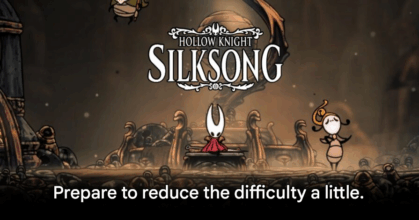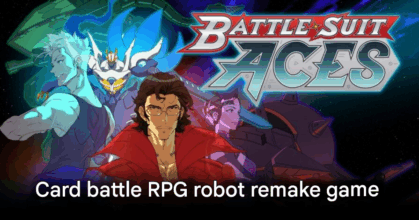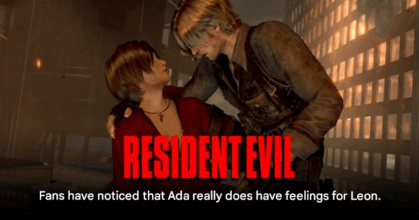Top 5 Game Companies in Frequent Lawsuits: EA, Activision Blizzard, Nintendo & More
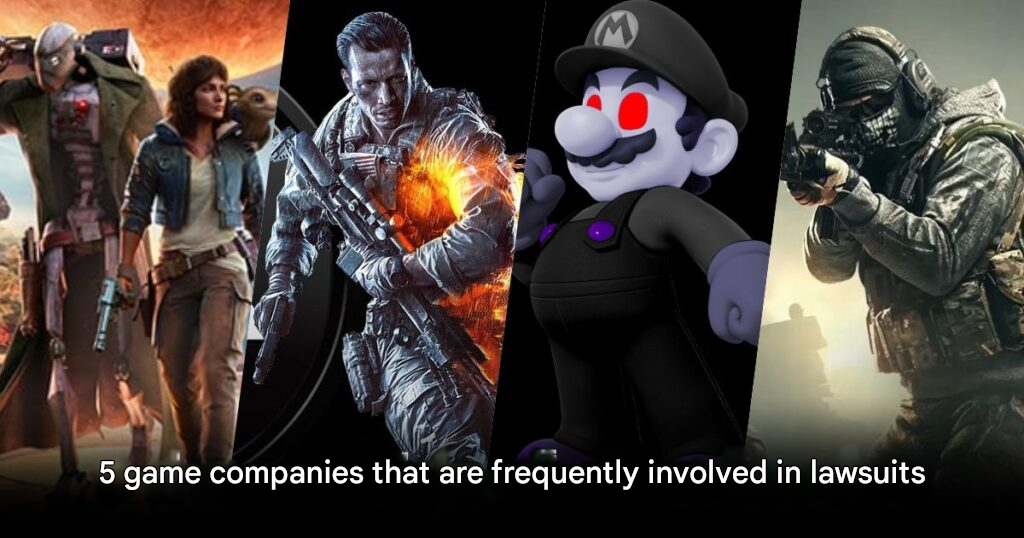
Top 5 Game Companies Frequently Involved in Lawsuits
Companies That Keep Facing Legal Battles
In the gaming industry, besides competition over ideas, graphics, or sales, legal disputes are another major arena where big game companies often find themselves. Many lawsuits involve copyright infringement, unauthorized data use, or internal corporate issues. Some companies aggressively protect their intellectual property by suing players or other developers. Others are themselves sued by employees or consumers. These legal problems often attract media attention, especially in Southeast Asia where gamers closely watch how companies behave. This article explores the top five game developers or publishers that are most frequently involved in lawsuits, along with examples of major cases that made headlines.
5 Game Companies That Face Lawsuits Most Often
5. EA (Electronic Arts)

EA is a major name in sports games and is well known in the global gaming scene. One of EA’s most famous legal scandals involved using images and names of college athletes in the “NCAA Football” game series without fair compensation, which led to major lawsuits and the temporary suspension of that game series. Another recurring issue is the loot‑box system in FIFA; many countries view loot boxes as similar to gambling. EA also faces criticism over microtransactions in several of its games. Because of these controversies, EA’s name often appears in discussions around legal issues in games.
4. Ubisoft

Ubisoft, creator of series like Assassin’s Creed and Far Cry, is no stranger to legal trouble. Internal culture controversies, such as allegations of sexual harassment and mistreatment within their studios, have led to investigations in several countries. The company has also been criticized for how it handles user privacy, especially in cases where players feel their data has been used without sufficient consent. Despite maintaining a large fan base and producing many successful games, Ubisoft’s legal issues have become a shadow over its reputation.
3. Nintendo
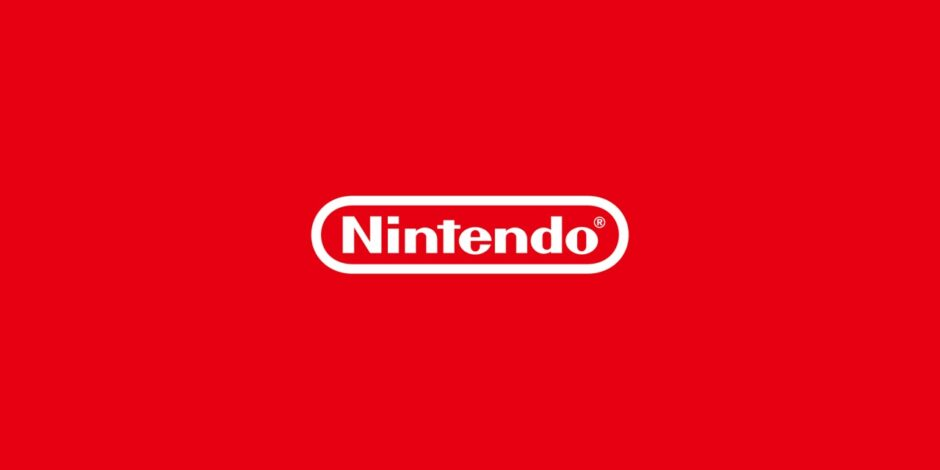
Nintendo is often considered one of the most tough‑minded companies when it comes to defending its intellectual property. They frequently sue modders, manufacturers of piracy hardware, and distributors of old game ROMs. For example, there have been legal actions against devices that allow gaming consoles to run pirated games. There is also a recent case where Nintendo took legal notice of Palworld, a game that many feel closely resembles Pokémon. While Nintendo’s strict enforcement protects what they see as their creations, some fans think the company acts too harshly at times.
2. Epic Games

Epic Games, known for Fortnite and Unreal Engine, is in legal headlines often. One of their biggest cases was suing Apple and Google over the 30% fee those platforms charge for their stores; Epic claimed those fees were unfair. The company also frequently sues cheat devs and developers of cheat tools to defend its player community. Because of its high visibility and willingness to take on large corporations and individual violators alike, Epic Games is well known in legal and regulatory circles, especially among gamers in Southeast Asia who follow global gaming law trends.
1. Activision Blizzard
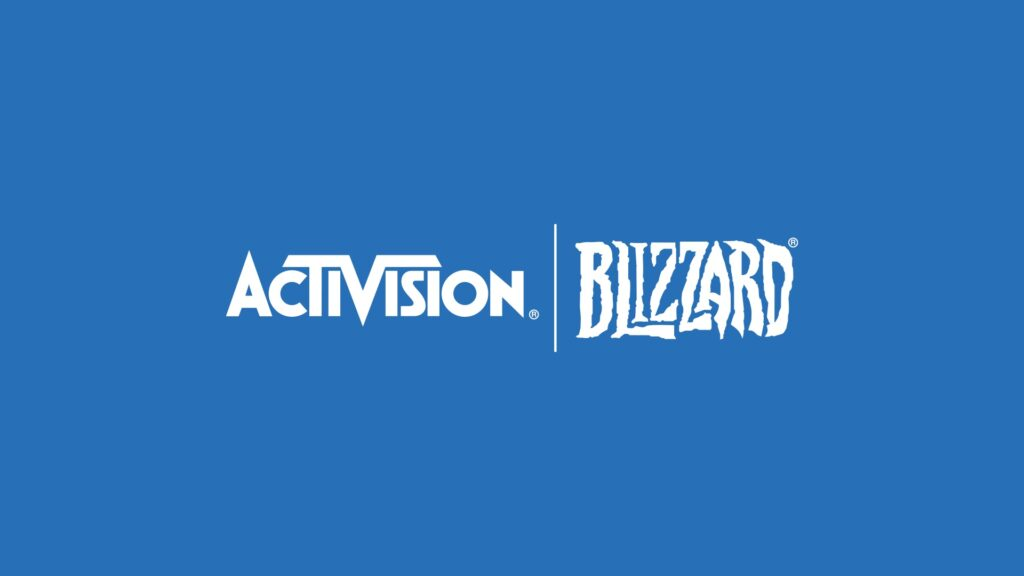
Activision Blizzard holds the top spot for frequency and severity of legal controversies lately. Besides its famous game franchises like World of Warcraft and Call of Duty, the company has been sued by government agencies for issues such as workplace culture, discrimination, sexual harassment, unequal pay, and misconduct toward female employees. Some lawsuits also covered how the company manages compensation and business deals. These cases have led to internal protests, negative media coverage, and concerns from players and investors alike. Activision Blizzard is regarded as the company with the most frequent and serious legal issues in recent years.
Common Threads Across These Cases
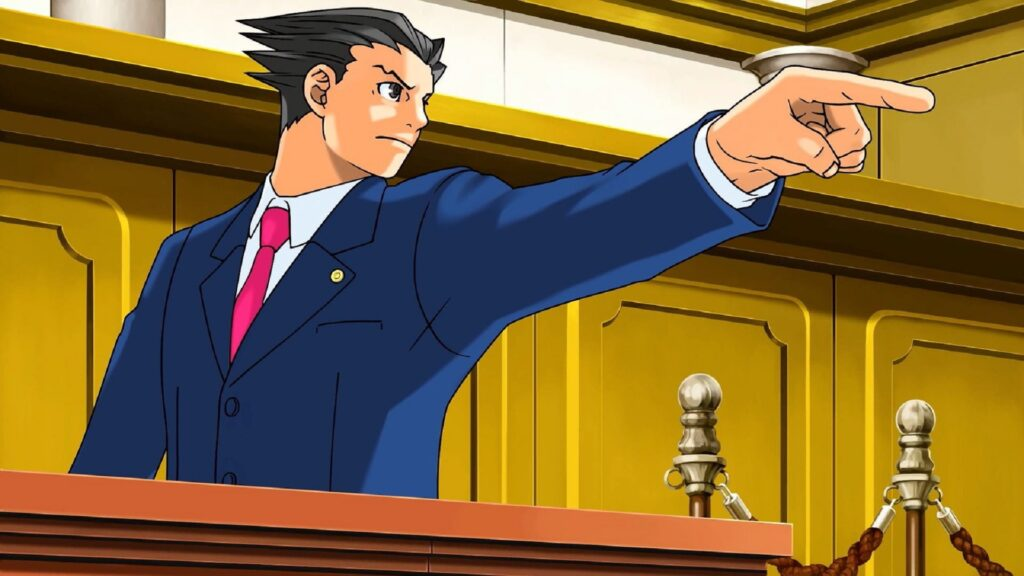
- Protection of intellectual property and copyright is a recurring theme. Big companies tend to sue modders, cheat tool developers, and others who violate copyrights.
- Employee and workplace issues, especially around harassment, discrimination, and compensation, also come up often.
- Consumer tensions over monetization strategies, in‑game purchases, loot boxes, or privacy/data use are another major source of legal complaints.
- Public perception and media coverage exacerbate the impact; once a company is known for such lawsuits, every new allegation tends to gather more attention, especially from gamers and regulators in SEA.
Final Thought
No matter how successful a game company is, legal challenges seem almost inevitable. For players in Southeast Asia, these lawsuits are more than just news. They affect trust, game policies, and even how games are designed and operated. Watching how companies respond to legal pressure gives insight into where the industry may head—toward more transparency, better treatment of creators and employees, and clearer policies for players. These repeated legal battles are a reminder that creativity and business in gaming can’t fully exist without fairness and responsibility.


